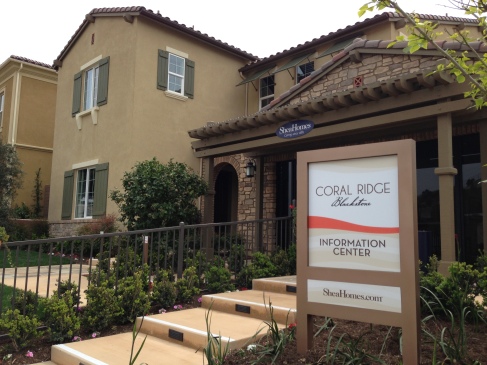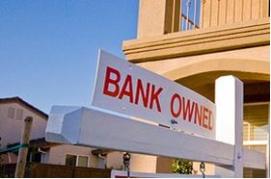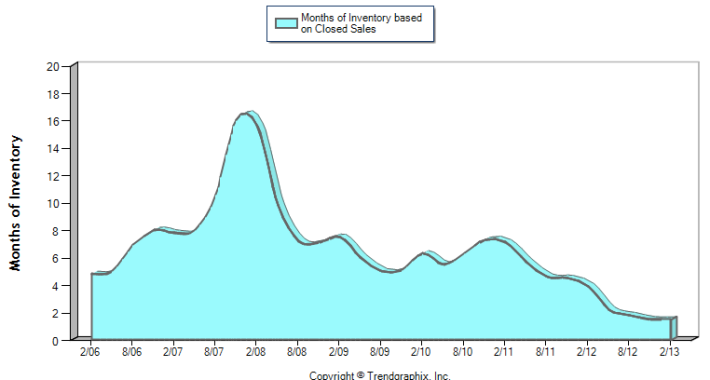If you’re like many, you’ve been watching the Real Estate market on the sidelines and decide it’s time to make a move. What to do with your existing home? Should you keep it as an investment property? Or do you cash out the equity and use it toward your down payment? Maybe use the equity toward another type of investment?
When deciding to move from an existing home, you need to classify yourself in one of two categories:
- A homeowner who must sell in order to buy
- A homeowner who can qualify to own an additional property
In order to find out which category you belong to, you’ll need the help of a loan officer and Realtor. The Realtor will determine your home’s value and potential rent from today’s market conditions. After those numbers are determined, a loan officer can determine if your credit, income, and other factors will allow you purchase an additional home.
Without getting into too many details, some situations allow you to use potential rent as part of your income when your home has enough equity. Your income and existing debts will factor into your “debt-to-income” ratio.
If the loan officer determines that you can’t qualify for an additional property without selling your existing home, the analysis ends here. You need to sell before thinking of purchasing.
If the loan officer thinks you can qualify, this brings to the table further analysis. Not all properties should be held as a rental.
Most Real Estate investors take into account 3 factors when evaluating a property:

- Appreciation & rent improvement potential – does the neighborhood or local area have an upside that will outpace surrounding markets? Some examples include a new school, shopping center, rejuvenation or updating projects by government, influx of affluent neighbors, etc. Are there improvements that can be made to the home that can increase rent or value? Especially in the case where a property has 2 bedrooms or less, adding an additional bedroom can make rent and value increase significantly.
- Cash flow – I know several homeowners who have neglected this aspect of an investment property. In one instance, I remember a homeowner who had a negative of $2,000 per month and ended up selling when his home’s value increased by $50,000 in 3 years. He actually thought he “made money” when the truth was that he LOST money from -$72,000 in cash flow. Another common mistake is when a homeowner incorrectly calculates their expenses with only their mortgage and property taxes. Don’t forget about maintenance, your time, repairs, income taxes, and time the home will be vacant. Some landlords simply deduct 20% from their income to estimate their “NOI”, or Net Operating Income.
- Acquisition price – Buying a home low and below market value is the key to everything. You probably realize that it has a direct effect on #2 above. Since you already own the home in this situation, it’s something to be mindful about on your next rental.

It would be a good idea to sit down with someone who has investing experience. Buy them lunch or have a discussion over a cup of coffee. Their advise can go a long way. I have a friend who keeps things simple without anything fancy: “if it doesn’t have positive cash flow, it’s not worth it to me.” In contrast, I have a co-worker that has detailed spreadsheets where it looks like the stuff Fidelity would give you when you invest in one of their mutual funds. I personally use Dolf De Roos’ Real Estate software called “REAP”: http://dolfderoos.com/software/







